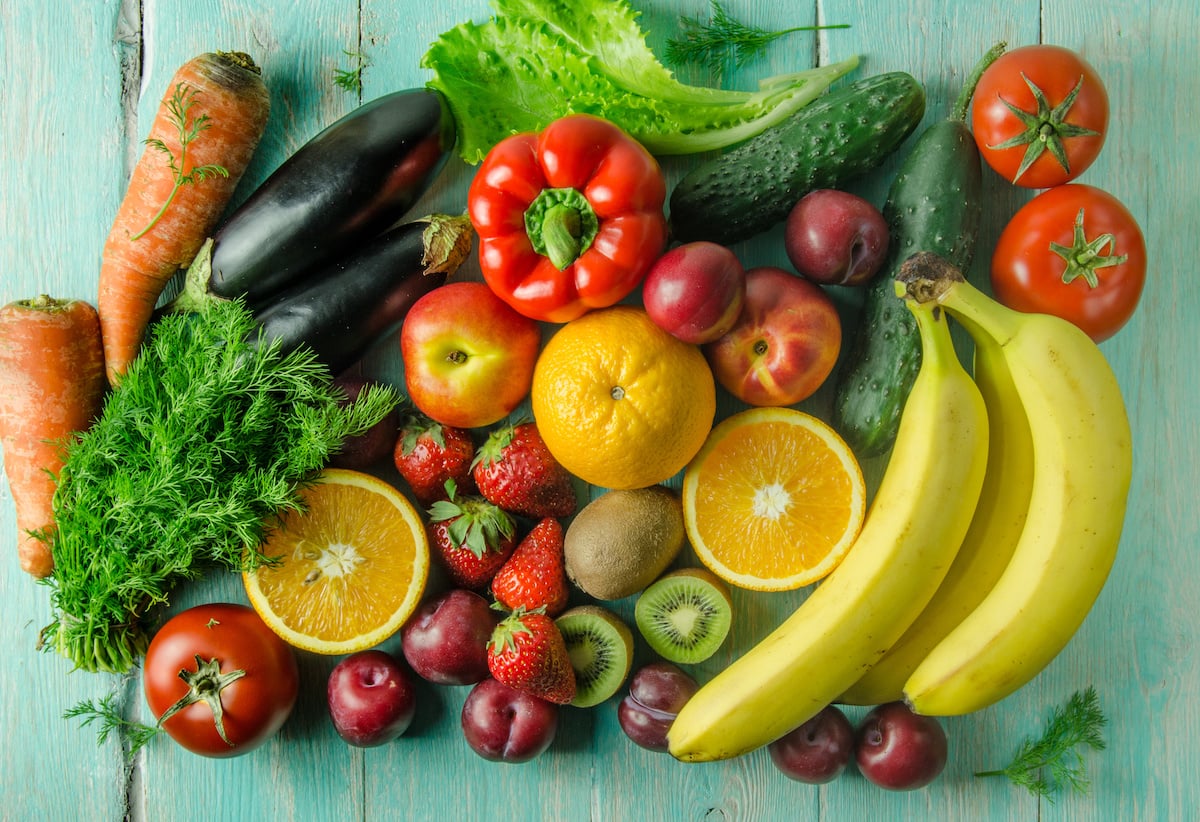
It’s been a sweltering summer for much of the United States, and a new poll finds many people can recognize the signs of heat sickness if it strikes them or someone else. However, many more don’t know crucial information that could help them during a heatwave, such as the location of cooling centers where they… read on > read on >












.jpeg)





